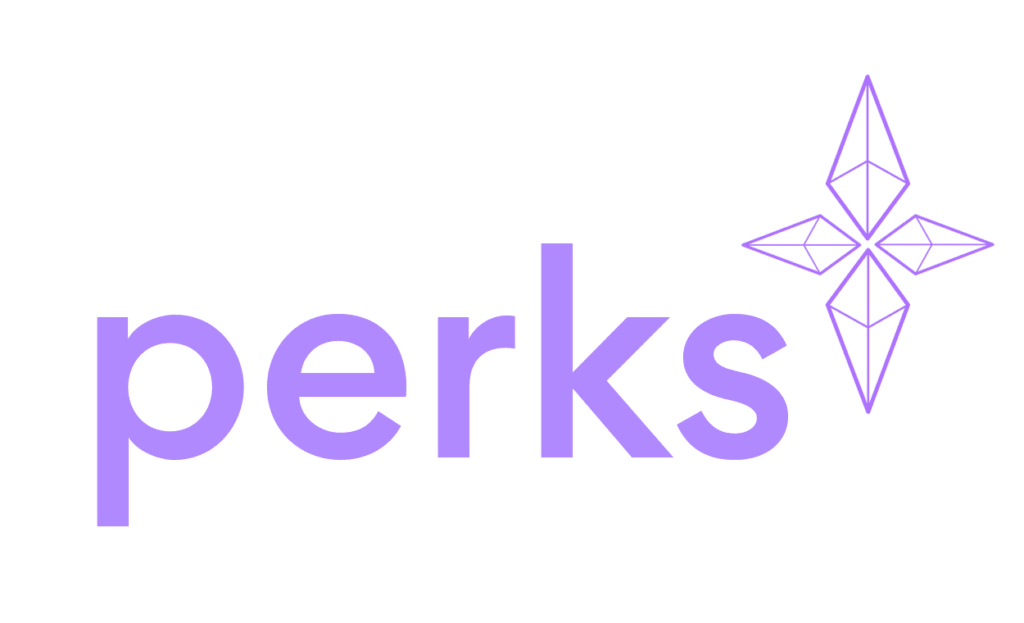Cannabis has long been a topic of debate and intrigue, particularly in the realm of health and wellness. In recent years, its potential role in recovery—whether from physical ailments, mental health conditions, or substance abuse—has garnered significant attention. This comprehensive guide explores how cannabis can aid in various types of recovery, supported by scientific research and expert opinions.
1. Understanding Cannabis and Its Components
Cannabis is a plant that contains over 100 different compounds known as cannabinoids. The two most studied and well-known cannabinoids are:
- THC (Tetrahydrocannabinol): The primary psychoactive compound responsible for the “high” associated with cannabis.
- CBD (Cannabidiol): A non-psychoactive compound praised for its therapeutic benefits.
2. Cannabis and Physical Recovery
Cannabis, particularly CBD, has shown promise in aiding physical recovery for athletes and individuals with chronic pain. Here’s how:
Pain Management
- Chronic Pain: Studies suggest that cannabis can help reduce chronic pain, making it a potential alternative to opioids, which carry a high risk of addiction and overdose .
- Post-Surgical Pain: Patients have reported reduced reliance on opioids when using cannabis for post-operative pain management .
Inflammation Reduction
- Anti-inflammatory Properties: CBD has anti-inflammatory effects, which can be beneficial for conditions like arthritis, muscle soreness, and sports injuries .
Muscle Relaxation
- Muscle Spasms: Cannabis, especially strains high in CBD, can help alleviate muscle spasms and cramps, providing relief for conditions like multiple sclerosis and Parkinson’s disease .
3. Cannabis and Mental Health Recovery
The relationship between cannabis and mental health is complex, with research indicating both potential benefits and risks.
Anxiety and Depression
- CBD for Anxiety: CBD has been found to reduce anxiety in both animal and human studies. It can help alleviate symptoms of social anxiety disorder, generalized anxiety disorder, and PTSD .
- Mood Regulation: Some studies suggest that cannabis, through its interaction with the endocannabinoid system, can help regulate mood and reduce symptoms of depression .
PTSD (Post-Traumatic Stress Disorder)
- Symptom Reduction: Cannabis, particularly strains with balanced THC and CBD, has been shown to reduce PTSD symptoms such as nightmares and flashbacks .
Substance Abuse Recovery
- Harm Reduction: Cannabis has been explored as a harm reduction tool for those recovering from opioid and alcohol dependence. It may help reduce cravings and withdrawal symptoms .
4. Cannabis and Recovery from Substance Abuse
Cannabis is being studied as a potential aid in the recovery from substance abuse disorders. The idea is to use cannabis as a less harmful substitute to manage withdrawal symptoms and reduce relapse rates.
Opioid Addiction
- Substitution Therapy: Some studies indicate that cannabis use can help reduce opioid consumption and improve treatment outcomes for those recovering from opioid addiction .
Alcohol Dependence
- Craving Reduction: Preliminary research suggests that cannabis, especially CBD, can reduce the craving and anxiety associated with alcohol withdrawal .
5. Legal and Safety Considerations
While cannabis shows promise in aiding various forms of recovery, it is essential to consider legal and safety aspects:
Legal Status
- Varies by Location: The legality of cannabis varies globally and within regions of certain countries. It’s crucial to be aware of local laws and regulations regarding its use.
Safety and Dosage
- Consultation with Healthcare Providers: Always consult with a healthcare provider before starting cannabis, especially for individuals with underlying health conditions or those taking other medications.
- Dosage and Strains: Finding the right dosage and strain is crucial, as different cannabinoids and terpenes can have varying effects. Start with low doses and gradually increase as needed under professional guidance.
Conclusion
Cannabis has emerged as a potential tool in the recovery toolkit for various physical, mental, and substance abuse conditions. While promising, it is not a one-size-fits-all solution and should be used with caution, under medical supervision, and within the bounds of the law. As research continues to evolve, cannabis may become a more widely accepted component of comprehensive recovery strategies.
References
- National Academies of Sciences, Engineering, and Medicine. (2017). The Health Effects of Cannabis and Cannabinoids: The Current State of Evidence and Recommendations for Research.
- Hill, K. P. (2015). Medical Marijuana for Treatment of Chronic Pain and Other Medical and Psychiatric Problems: A Clinical Review. JAMA.
- Burstein, S. (2015). Cannabidiol (CBD) and its analogs: a review of their effects on inflammation. Bioorganic & Medicinal Chemistry.
- Corey-Bloom, J., et al. (2012). Short-term effects of cannabis therapy on spasticity in multiple sclerosis. Canadian Medical Association Journal.
- Blessing, E. M., et al. (2015). Cannabidiol as a Potential Treatment for Anxiety Disorders. Neurotherapeutics.
- El-Alfy, A. T., et al. (2010). Antidepressant-like effect of delta9-tetrahydrocannabinol and other cannabinoids isolated from cannabis sativa L. Pharmacology Biochemistry and Behavior.
- Greer, G. R., et al. (2014). PTSD symptom reports of patients evaluated for the New Mexico Medical Cannabis Program. Journal of Psychoactive Drugs.
- Lucas, P., et al. (2012). Cannabis as an adjunct to or substitute for opiates in the treatment of chronic pain. Journal of Psychoactive Drugs.
- Bachhuber, M. A., et al. (2014). Medical cannabis laws and opioid analgesic overdose mortality in the United States, 1999-2010. JAMA Internal Medicine.
- Prud’homme, M., et al. (2015). Cannabidiol as an Intervention for Addictive Behaviors: A Systematic Review of the Evidence. Substance Abuse: Research and Treatment.
By addressing the potential benefits and risks, as well as the importance of professional guidance, this guide provides a balanced view of how cannabis can be integrated into recovery plans.





























